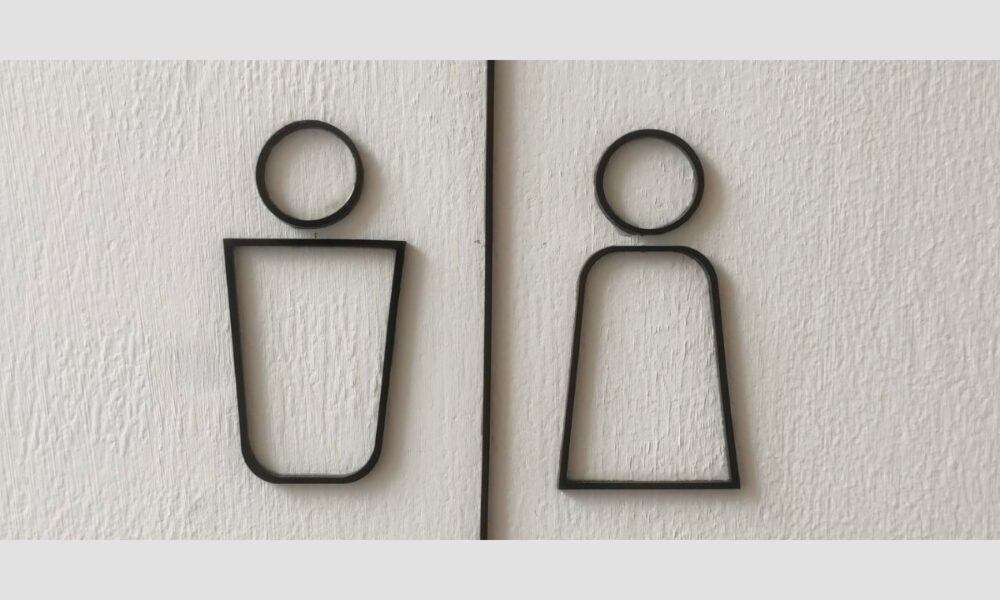On Thursday, the Texas Senate voted 20-11 to pass House Bill 229, known as the “Women’s Bill of Rights.”
This bill, which defines “man” and “woman” based on biological reproductive systems for state records such as birth certificates and driver’s licenses, now heads to Gov. Greg Abbott, who is expected to sign it into law.
Authored by Rep. Ellen Troxclair (R-Lakeway) and carried in the Senate by Sen. Mayes Middleton (R-Galveston), the bill aligns with efforts by President Donald Trump to enforce a biological definition of sex, including an executive order targeting “transgender” participation in women’s sports. HB 229 requires state agencies to classify individuals as male or female based on whether their reproductive system is developed to produce ova or fertilize ova, respectively. An amendment clarifies that intersex individuals are not a third sex but must receive accommodations under state and federal law.
Supporters argue the bill protects women’s single-sex spaces, such as locker rooms and shelters, and clarifies legal definitions.
“With this bill, women and girls will know that Texas has their back and will not allow hard-fought rights to be eroded by activists who seek to erase them,” Troxclair said, The Texas Tribune reported.
M. E. Castle, director of government relations for Texas Values, a Christian advocacy group, praised the vote: “The message is clear: You don’t mess with Texas women. HB 229 makes sure that the reality and truth of the two sexes is clear in Texas law and never altered by school districts, local cities, or bureaucrats ever again!”
Opponents, including LGBTQ rights advocates, argue the bill marginalizes “transgender” and intersex individuals.
Sen. José Menéndez (D-San Antonio) called it a “form of state-sponsored discrimination,” telling the Texas Tribune, “If a law forces non-binary Texans, who are real people, into categories that don’t reflect their lived experiences or identities … that would actually become discrimination in practice.”
Sarah Corbin of the ACLU of Texas questioned its enforcement: “The question of the hour is how will [HB] 229 be enforced and applied. What we do know is that it’s incredibly disrespectful to so many Texans the Legislature represents, and completely disregards their identity.”
The bill’s legislative intent section, which does not alter statutes but guides interpretation, emphasizes “immutable” biological differences, noting women’s historical vulnerability to violence and the need for single-sex spaces.
Critics, like Rep. Jessica González, D-Dallas, raised concerns about intersex individuals and women unable to conceive, arguing, “We should not be boiling down a human’s existence into one’s ability to reproduce, because this is harmful, it is dangerous, and it is really just freaking insulting.”
Troxclair countered that the bill applies to systems designed for reproduction, “whether or not they are fully developed, whether or not they are capable of functioning.”
With more than 120,000 Texans identifying as “transgender,” advocates worry about practical impacts. Shelly Skeen of Lambda Legal said mismatched identification documents could force “transgender” individuals to out themselves in everyday situations, such as voting or banking.
Heather Clark, whose wife is “transgender,” testified that carrying a driver’s license misaligned with appearance would be “untenable,” creating “ample daily opportunities for discrimination” against her.
Texas becomes the 14th state to pass such a law, following states like Kansas and Montana, where similar measures have faced legal challenges. Laura Lane-Steele, a University of South Carolina law professor, noted potential constitutional issues, including privacy and free speech violations, calling the law’s application a “big fat question mark.” Montana’s law was struck down in February for violating privacy and equal protection rights, while Kansas’ law faces ongoing ACLU challenges.
The bill lacks civil or criminal penalties and focuses on record-keeping, but its broader implications remain unclear. Corbin said the ACLU of Texas is monitoring whether it will be narrowly applied to documents or used for wider policy changes.
“If it starts being used that way, they’ll definitely hear from us,” she said.
A 2022 survey found that 63% of Texas voters, including 87% of Republicans, support defining gender by birth certificate sex.


